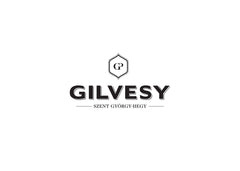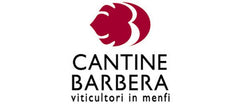8 products
- White Wine
- Furmint
- Organic, Sustainable, Vegan-Friendly, Volcanic
- Medium Bodied
- 750ml
- 12.5% alc./vol
About the Winery
Gilvesy Pincészet

Hungarian expat Róbert Gilvesy moved back to his homeland from Canada, and began building the Gilvesy winemaking empire on the former Esterházy estate on Szent György Hill. Thanks to years of hard work, the Hegymagas-based facility now includes a modern building complex and about 13 hectares of vineyards, in addition to being the home of the family. The area is shaped by 6 million years old volcanoes, where indigenous and international varieties grow organically.
Robert’s absolute admiration for nature and the terroir translates into an immense respect for the environment. By farming using organic practices, the soils and the vines stay healthy. In the winery, by letting nature take its course without controlling the processes, and using local resources, such as Hungarian oak barrels, Gilvesy promotes and protects the Balaton region.
- White Wine
- Inzolia
- Dry
- 750ml
- 12.50% alc./vol
About the Winery
Cantine Barbera

Cantina Barbera is located in the Menfi Coast, on the west coast of Sicily. The vineyards are about one mile from the Mediterranean Sea: an uncontaminated deep blue sea, facing South, where low cliffs and sandy dunes create a beautiful environment protected by the Belice River Natural Reservation Fund.
A third generation farmer, Marilena Barbera farms the Inzolia that her grandfather planted in the 20's, just as she attends to the native varietals that are the new frontier of her own generation: Perricone, Nerello, Alicante, Nero d'Avola and Grillo. Marilena makes her wines praticticing organic farming and natural winemaking, while paying utmost respect to Menfi's terroir.
"At the winery, I chose to work only with spontaneous fermentations and to adopt non invasive winemaking practices, in order to respect the unique personality of Sicilian native grape varieties and the beautiful land to which they belong."









